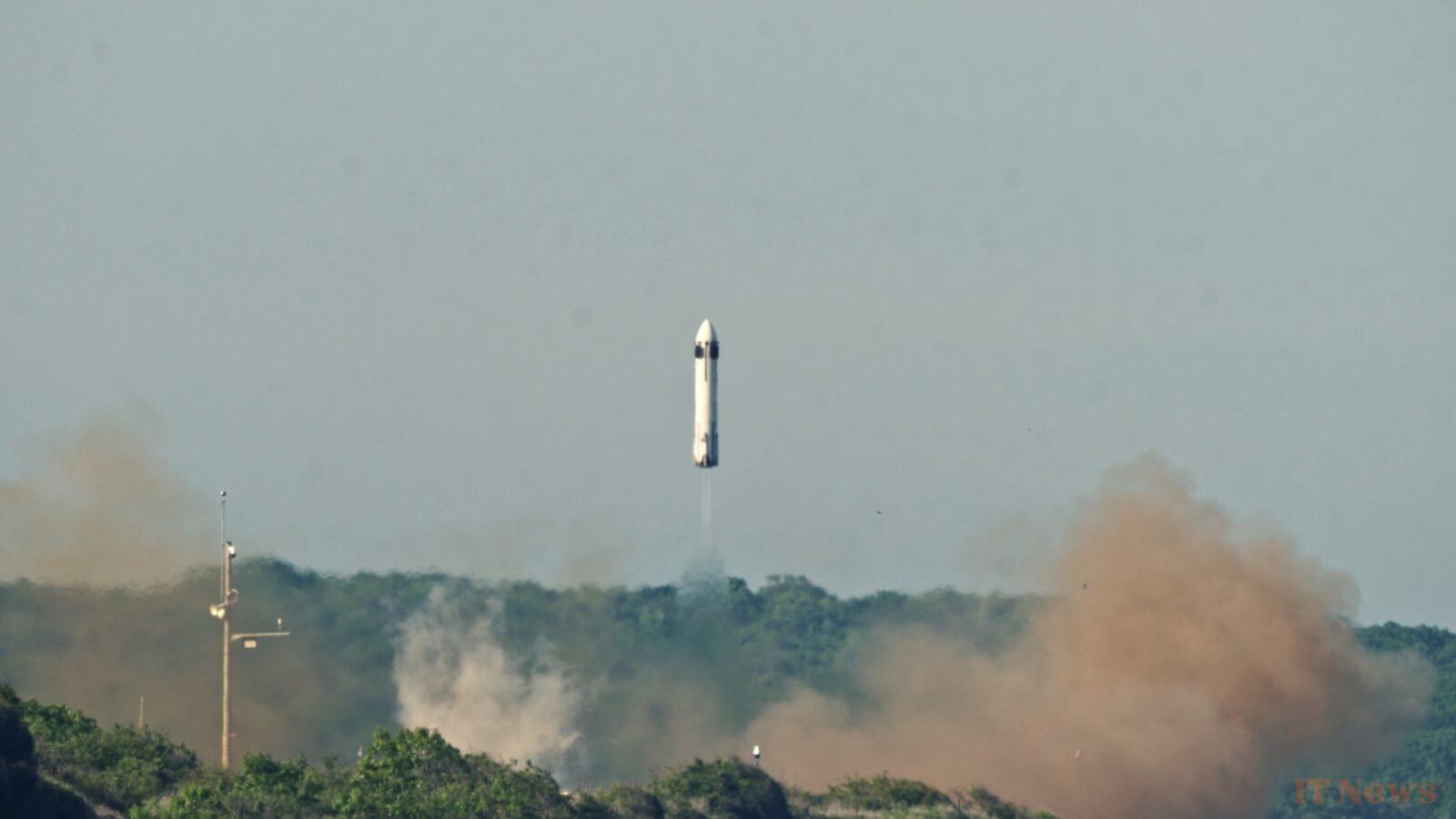It's not SpaceX (yet), but it's a good start. Honda announced that it had successfully completed a launch and landing test of its first-ever reusable rocket prototype on June 17. The test took place in the city of Taiki, on the island of Hokkaido, a well-known location in Japan for aerospace experiments.
A landing within 37 centimeters
The test vehicle measured 6.3 meters long and 85 cm in diameter. Propelled to an altitude of over 270 meters, the rocket then returned to the ground, making a controlled landing just 37 cm from the intended point. The entire flight lasted 56.6 seconds. A nice score for a first.
The objective of this experiment was clear: to demonstrate key technologies for the reuse of launch vehicles, including flight stability during ascent and descent, as well as landing precision. Everything took place under strict safety conditions, with a one-kilometer exclusion zone around the launch site.
This test is part of a larger project that began in 2021. That year, Honda announced its intention to develop space technologies by drawing on its expertise in combustion, robotics, and control systems. A dedicated space division was even created at the end of 2024 within American Honda to strengthen cooperation with companies in the sector in the United States.
Since then, the brand has been interested in several aspects of the space industry. It is working on a hydrogen production system through electrolysis for the International Space Station, and has signed an agreement with the company Astroscale to develop solutions for refueling satellites in orbit.
Officially, rocket development remains a fundamental research activity at this stage. However, Honda is aiming for suborbital flight capability by 2029. "We believe that rocket research is a promising field that leverages our technological expertise," said Toshihiro Mibe, CEO of the group.
Honda is not alone on the launch pad. Toyota recently invested in Interstellar Technologies, a Japanese startup in the sector, also based in Taiki. Japan, for its part, wants to double the size of its space industry by the early 2030s to reach 8 trillion yen (around 55 billion euros).
With this new race for the stars, car manufacturers see space as a natural extension of their expertise in automation, propulsion, and robotics. For Honda, it's also a way to diversify its long-term activities while contributing to concrete uses, such as satellite launches or space data management. In short, the brand is dreaming big... by starting small.



0 Comments